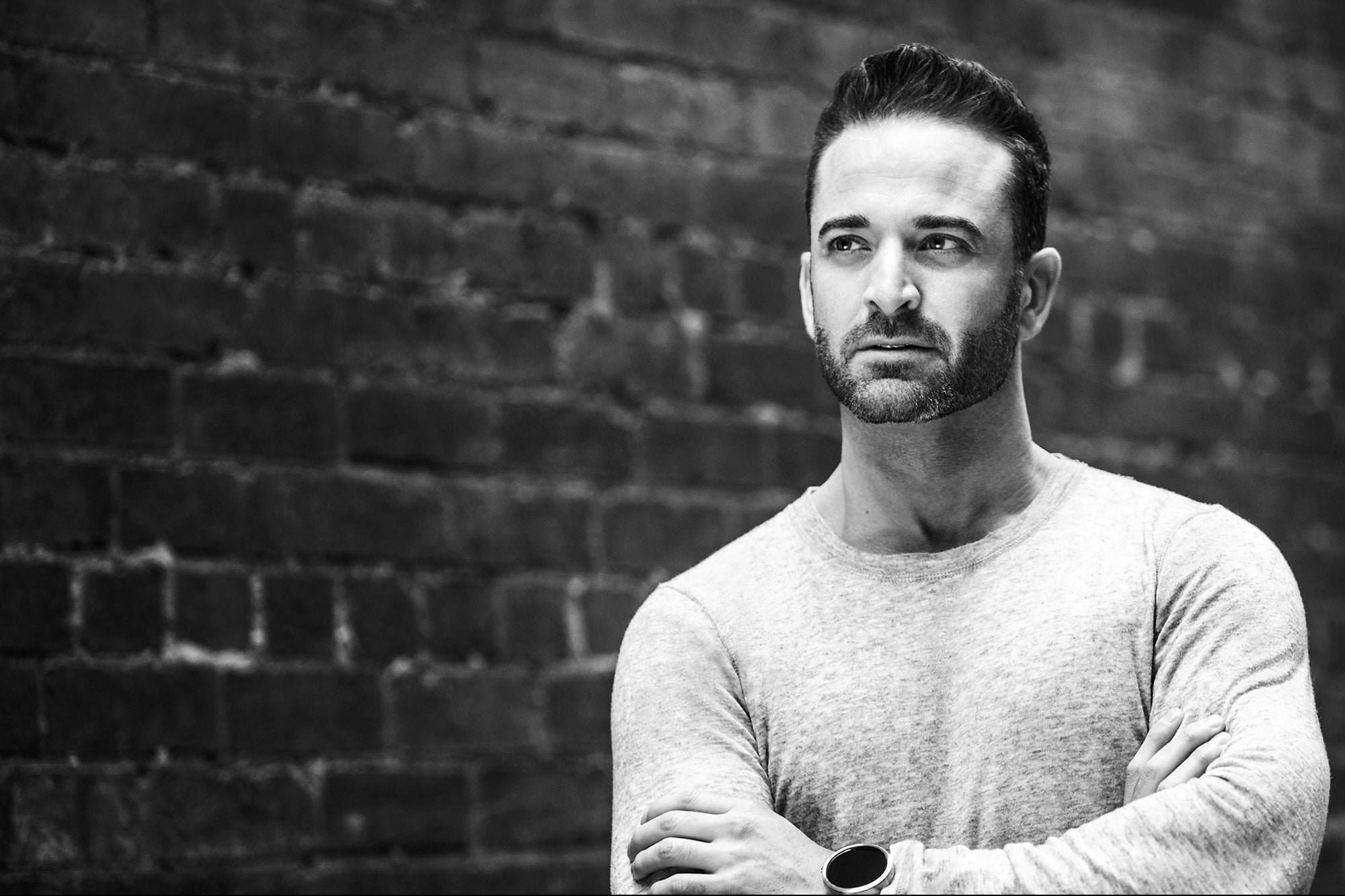Sabeena Ladha, founder and CEO of the “good-for-you” snack brand DEUX, has a “pretty deep relationship with junk food.” That’s “kind of a funny thing to say,” she admits, but her childhood in the small town of Euless, Texas, where her father ran a gas station and convenience store, kicked off the passion for snacks that would help shape her professional endeavors.
“My parents worked 24/7,” Ladha recalls. “They’re immigrants, so they had that hard work ethic built in them. So he was working 12-, 14-hour days, six, seven days a week, and on the weekends, my sisters and I would go to the gas station, and we would get to pick a snack. I always picked one salty and one sweet snack.” They weren’t necessarily the most healthful choices, but at the time, those products weren’t quite as “villainized” as they are today, she says.
Image Credit: Courtesy of DEUX. Sabeena Ladha.
Although Ladha “looked healthy” as a high school athlete who played basketball and ran track, she quips that her “insides were made of partially hydrogenated oil and trans fats.” It wasn’t until college that she dove into health and wellness, even starting a blog “before it was cool” to unpack juice cleanses and cryotherapy.
“Not everyone wants to eat a salad for every meal of the day, so how do you help people make slightly better decisions?”
“[I was] trying to make the scary world of wellness a little bit more approachable for Sabeena in Texas,” Ladha explains. “Not everyone lives in Los Angeles and has access to 18 farmers markets on a Saturday. That’s just not realistic. And not everyone wants to eat a salad for every meal of the day, so how do you help people make slightly better decisions?”
Answering that question ultimately led Ladha to the “healthy indulgences” concept of DEUX. The hot-pink brand offers cookie doughs, dessert spreads and donut holes that are vegan, gluten- and preservative-free and contain “functional ingredients” like vitamin B12 to support sustained energy and L-Theanine to help with cognitive function and mental focus.
 Image Credit: Courtesy of DEUX
Image Credit: Courtesy of DEUX
Ladha was ready to “break the rules” and innovate in the snack space, but she credits much of her success with the fact that she learned those rules before she broke them. Her previous experiences working on Frito-Lay at PepsiCo, managing a P&L at Diamond Foods, consulting at McKinsey & Company and launching brands in venture capital helped build a strong foundation for her entrepreneurial journey.
Related: The Founders of This Paleo, Gluten-Free and Vegan Brand Say It Succeeded Because of Its Restrictions
“[Experimenting with scale] required some capital because there’s a lot of waste that comes with that.”
Ladha started experimenting with chocolate chip cookie dough in her kitchen in June 2020, when the pandemic was well underway, and many people wanted to graduate from the “sourdough and wine phase” and indulge in healthier ways, she says. Today, all of DEUX’s cookie doughs have a similar base, incorporating oats, nut butter, flaxseed and coconut sugar.
But one of the biggest challenges in those early days was figuring out how to scale DEUX’s perfect recipe with a manufacturer. “You would think it’s [just] math, right?” Ladha says. “Like, you just scale up the recipe into making 3,000 pounds instead of one pound. And it really did not work like that. It got drier; it got a little bit more dense. It wasn’t as sweet. So you have to then go through iterations, and that required some capital because there’s a lot of waste that comes with that too.”
Related: This Entrepreneur Believes Courage Is the Key Ingredient for Success
Initially, Ladha didn’t want to raise capital; she put $20,000 of her own money into the business and resolved to test the product first. Ladha was more than willing to pivot if the idea didn’t gain traction, noting that she “wanted an idea that would work” rather than one that had to be “force fit” into the market. But DEUX was “profitable on first ship,” and once Ladha realized the serious potential there, she decided to raise.
 Image Credit: Courtesy of DEUX
Image Credit: Courtesy of DEUX
To date, DEUX has raised about $6 million. The company’s first fundraising round kicked off in January 2021, and Ladha says that capital — and the ability it gave DEUX to produce at a significantly higher volume — made it possible for her to appear on Shark Tank after its producers reached out. Ladha didn’t land a deal on the show, but DEUX has continued to see tremendous growth in the years since.
“[If you] take that kind of tech mentality and bring it to food, it will just help you understand if there’s actually product-market fit.”
DEUX has transitioned from an exclusively direct-to-consumer (DTC) brand to one with a significant retail presence in Target, Whole Foods, Sprouts Farmers Markets and more. DEUX hit 1,000,000 units sold last year and more than doubled its store count to 2,600 in 2023. And in the first half of 2024, DEUX will see that figure skyrocket again with the launch of donuts at major retailers nationwide, totaling more than 4,000 stores across its three product lines.
Ladha says that retail will make up the “lion’s share” of DEUX’s revenue this year but stresses that DTC remains important for the brand for two reasons: data collection and marketing opportunities. The former helps the business understand who its customers are and which flavors resonate with them, and the latter has allowed it to explore brand collaborations, like its recent Buttercream Sugar Cookie with The Skinny Confidential.
 Image Credit: Courtesy of DEUX
Image Credit: Courtesy of DEUX
Now, Ladha is focused on making DEUX a household name — “full stop.” She envisions it as a “better-for-you Nestlé” with a modern twist and says a not-so-“sexy” “tech mindset” is helping it get there.
“It sounds much cooler to be like, ‘You know, I was just making this cookie dough for my friends and family, and then I went to a farmer’s market, and Whole Foods discovered me, and now I’m at Whole Foods now nationally,'” Ladha says. “That’s a cooler story, right? But if you can collect data and test and learn and take that kind of tech mentality and bring it to food, it will just help you understand if there’s actually product-market fit. That’s why I joke, ‘Don’t do it — but see if you should do it.'”

















